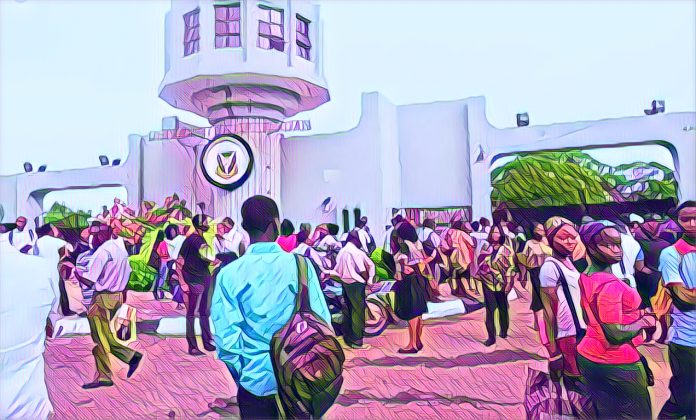The recent decision by the Nigerian Federal Government to deduct 40% of revenues from public universities has ignited controversy. As reported by The Guardian, this policy could exacerbate the ongoing crisis between the government and university workers, casting uncertainty over the future of Nigeria’s academic sector.
As part of wider financial reforms, the government plans to start deducting 40% from universities’ revenues in November 2023. This move aims to streamline finances in the public sector. However, it coincides with a critical period for tertiary education, already beset by stability and credibility issues.
Alarmingly, half of Nigeria’s lecturers are either leaving or planning to leave for better opportunities abroad. The reasons are clear: poor funding, unpaid salaries, subpar infrastructure, and low motivation. This trend underscores the urgent need for sustainable funding in the sector.
According to a report by The Guardian, the government’s directive, detailed in a recent memo, marks a significant policy shift. Starting in November, a substantial portion of university funds will be automatically deducted. This policy aligns with the 2021 finance circular and the Finance Act 2020.
The impact of this policy is significant, particularly as Nigeria’s education spending remains below UNESCO’s recommended levels. In contrast, countries like South Africa, Namibia, and Algeria allocate much larger budget percentages to education, as per data from Macro Trends.
The Academic Staff Union of Universities (ASUU) and the Congress of Nigerian University Academics (CONUA) have voiced their concerns. ASUU, having conducted 16 strikes in two decades, highlights the sector’s ongoing struggles. Prof. Samuel Alu from Nasarawa State University deems the policy “draconian,” fearing it could destroy public universities in two years.
Similarly, CONUA’s Dr Niyi Sunmonu argues that such a policy, without granting financial autonomy to universities, could be debilitating. There’s also a fear that this policy may lead to increased tuition fees and encourage state governments to scrutinize the finances of state-run tertiary institutions.
The debate also touches on the accountability of universities in managing their funds. With significant contributions from TETFund, endowments, and donations, some stakeholders insist on greater financial transparency from these institutions.
This policy puts Nigeria’s higher education at a pivotal point. Finding a balance between the government’s fiscal policies and the operational needs of universities is essential. The decision to deduct a major part of university revenues could reshape the landscape of Nigerian higher education, urging the sector to seek new avenues for sustainable growth and development.



